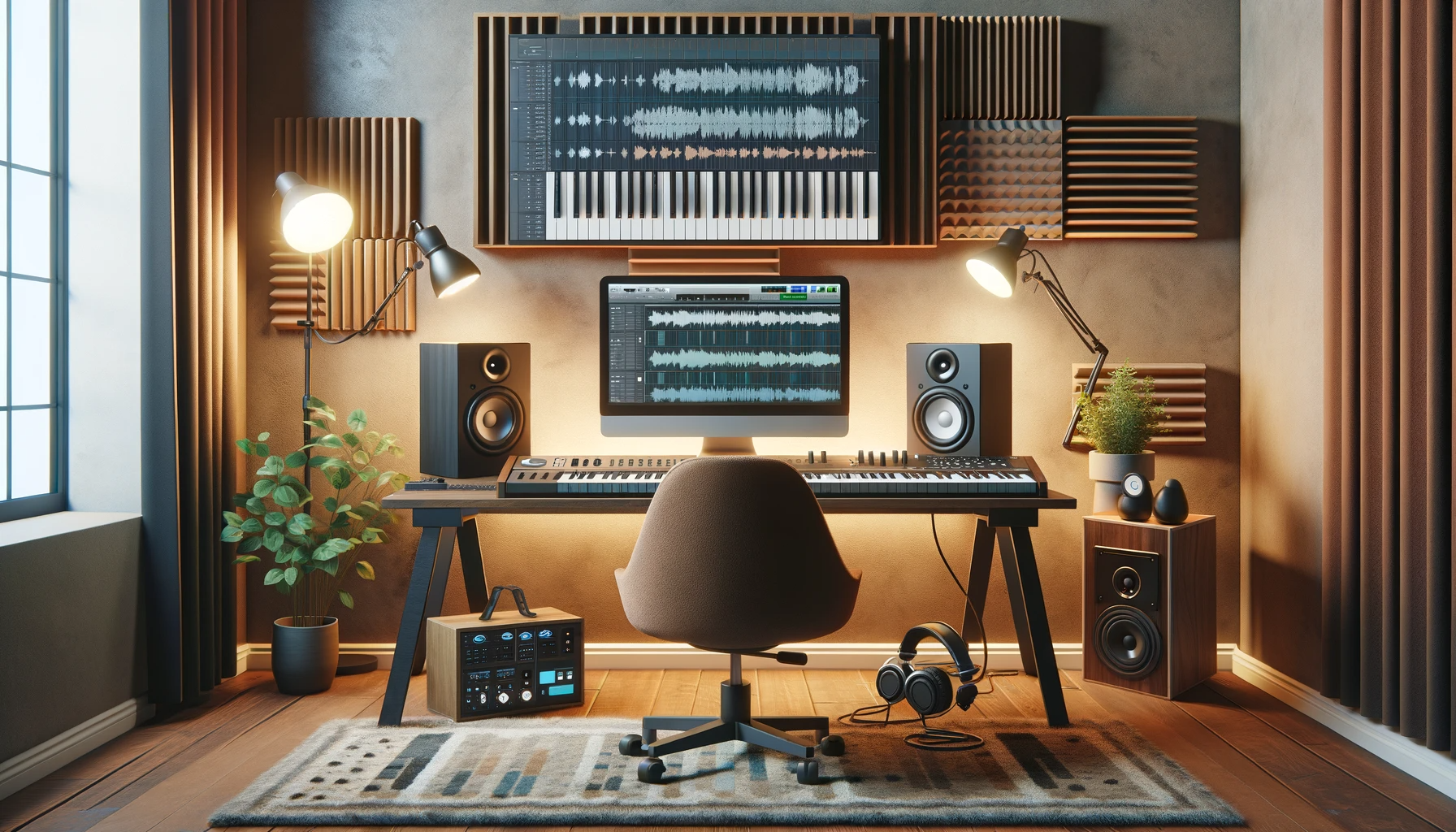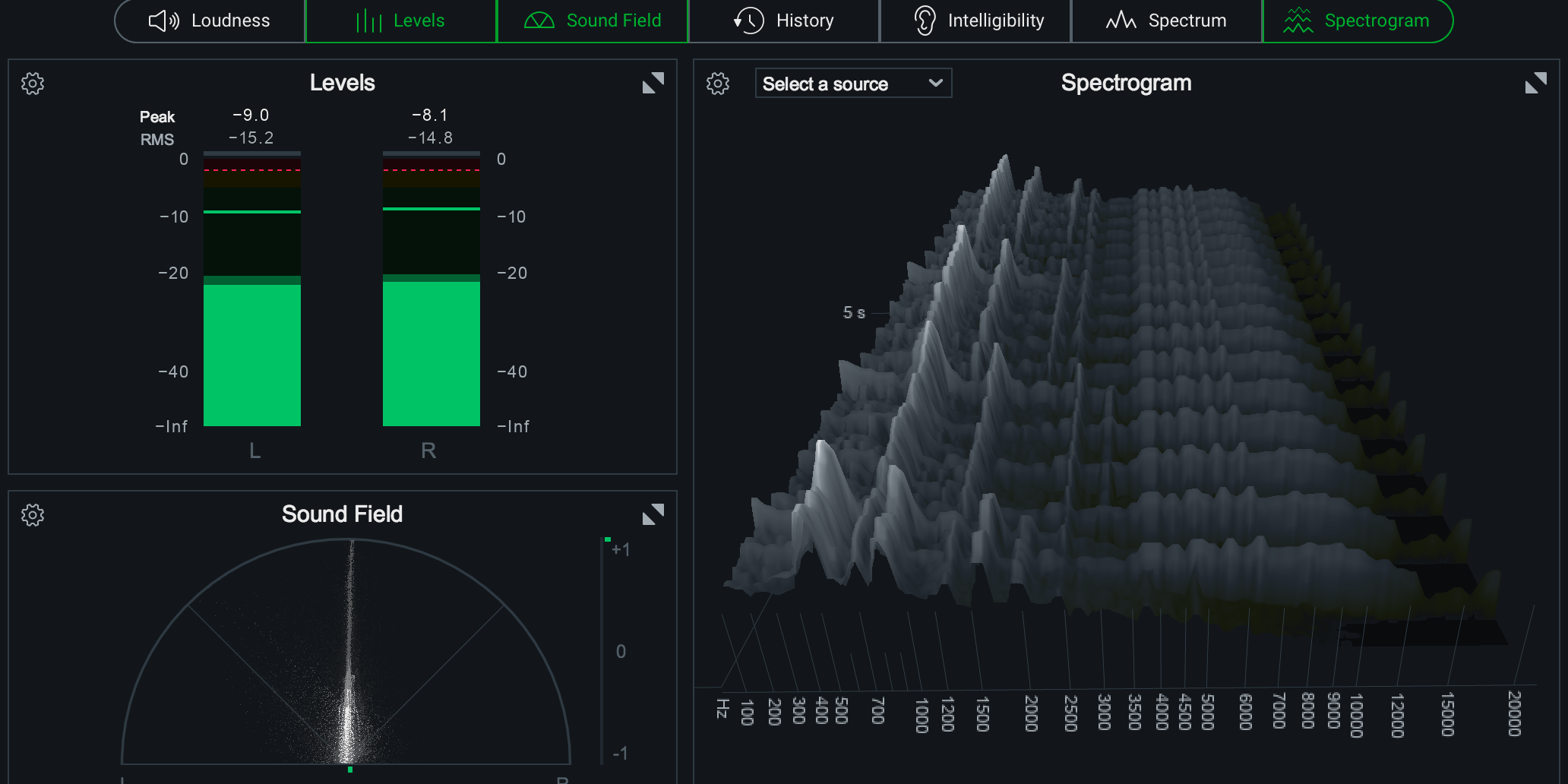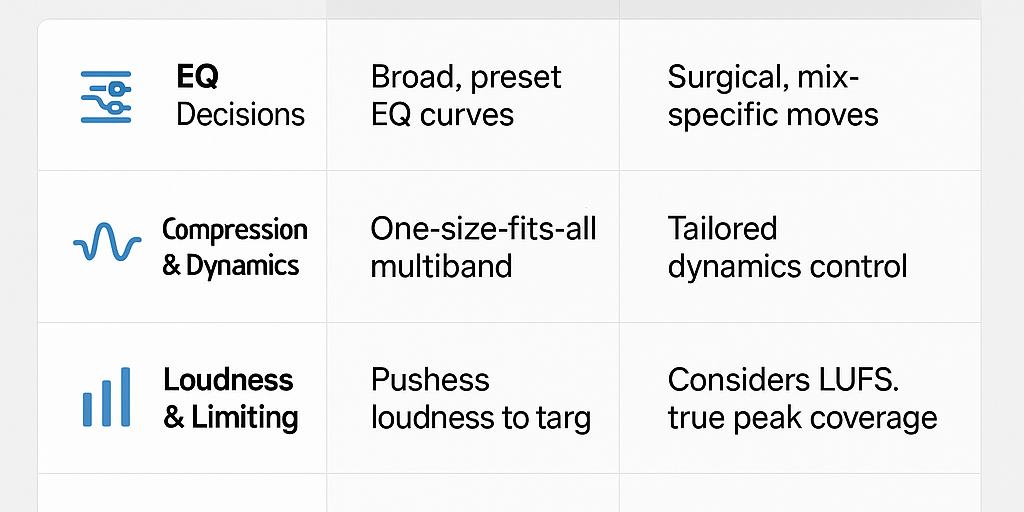Mastering isn’t just a technical process — it’s the final creative step before your music meets the world. For independent artists, it’s also a moment filled with decisions, emotions, and sometimes doubt. You’ve put in the work to write, record, and mix. Now it’s time to make sure your music is polished, consistent, and ready to connect with listeners anywhere.
This guide is for the indie artist who’s serious about delivering their best work, even without a major-label budget. We’ll cover mindset shifts, practical considerations, and tools that can help you get a master you’re proud of.
Shift Your Mindset from “Done” to “Ready”
Finishing a mix can feel like crossing the finish line, but mastering is where your song truly becomes release-ready. Think of it as quality control and enhancement rolled into one. A good master ensures your track translates across systems — whether that’s studio monitors, earbuds, or car speakers — without losing the impact you intended.
Create the Best Listening Environment You Can
You don’t need a million-dollar room to master effectively, but your environment matters.
-
Tame the room: Acoustic panels or even DIY solutions can reduce reflections and clean up your low end.
-
Speaker placement: Position monitors at ear level, forming an equilateral triangle with your head for balanced listening.
-
Reference widely: Test your track on headphones, laptop speakers, and in a car before you commit.
Know When to DIY — and When to Hire a Pro
If you’re mastering yourself, the right tools can make a big difference. Some popular and highly capable mastering plugins include:
-
iZotope Ozone — a comprehensive mastering suite with AI-assisted processing, EQ, limiting, and more.
-
FabFilter Pro-L 2 — a transparent, highly adjustable limiter that’s a favorite among pros.
-
Waves L2 Ultramaximizer — a classic loudness maximizer that’s been on countless records.
DIY mastering can work for demos, mixtapes, or small releases. But when you’re aiming for a release you’ll promote, pitch, or distribute widely, a professional mastering engineer brings:
-
Fresh, unbiased ears
-
A calibrated listening environment
-
Years of experience meeting technical specs without overprocessing
Communicate Your Vision
Whether working with a mastering engineer or mastering yourself:
-
Share reference tracks that capture your desired tone and energy.
-
Be clear about loudness, warmth, brightness, or punchiness preferences.
-
Always provide a high-quality mix file (WAV or AIFF, 24-bit, with about –6 dB headroom).
Protect Your Budget Without Sacrificing Quality
As an indie artist, you can save time and money without lowering quality by:
-
Mastering in batches — some engineers offer discounted EP/album rates.
-
Doing basic prep work yourself: proper mix levels, clean fades, and no clipping.
-
Using free or affordable loudness meters to check your mixes before sending them off.
Treat Mastering as a Collaboration, Not a Transaction
The best masters happen when you see your engineer as a creative partner. Stay open to feedback, ask questions, and remember you’re working toward the same goal: a track that connects with listeners.
If you’re ready to release your music with confidence, send me your track and we’ll make sure it’s not just done — it’s truly ready.



